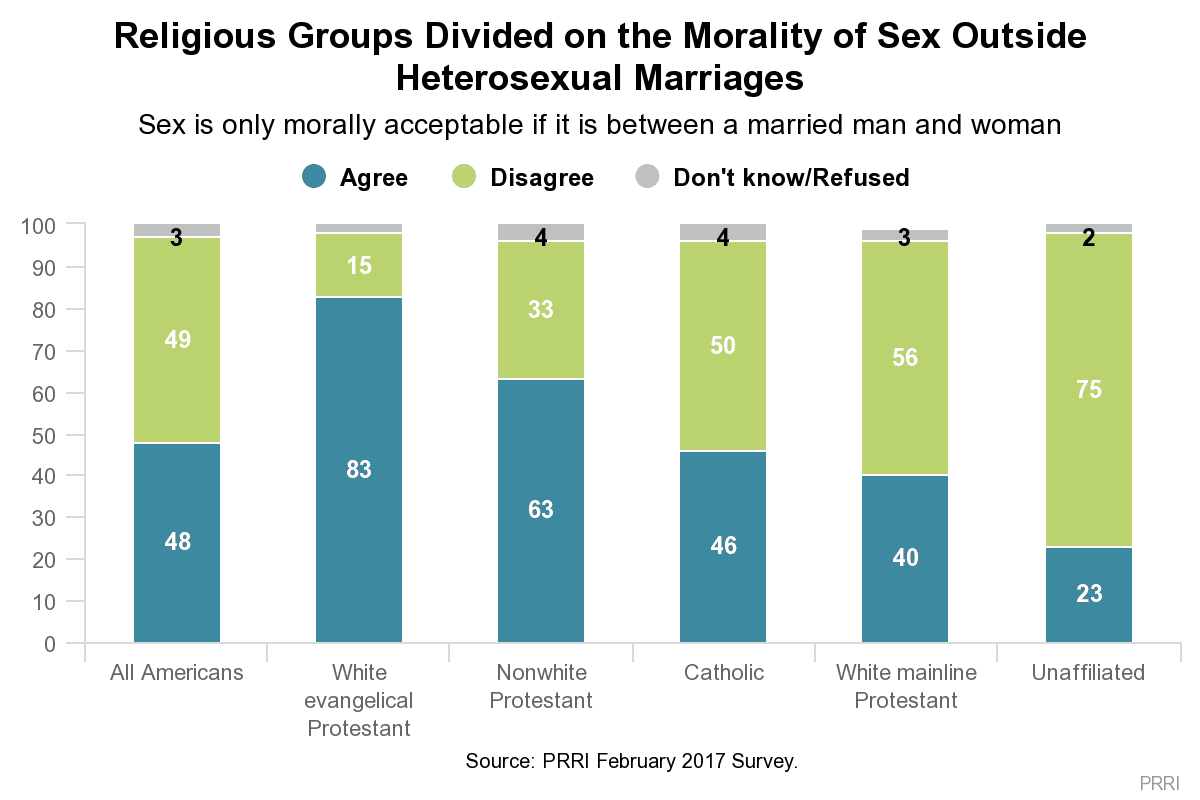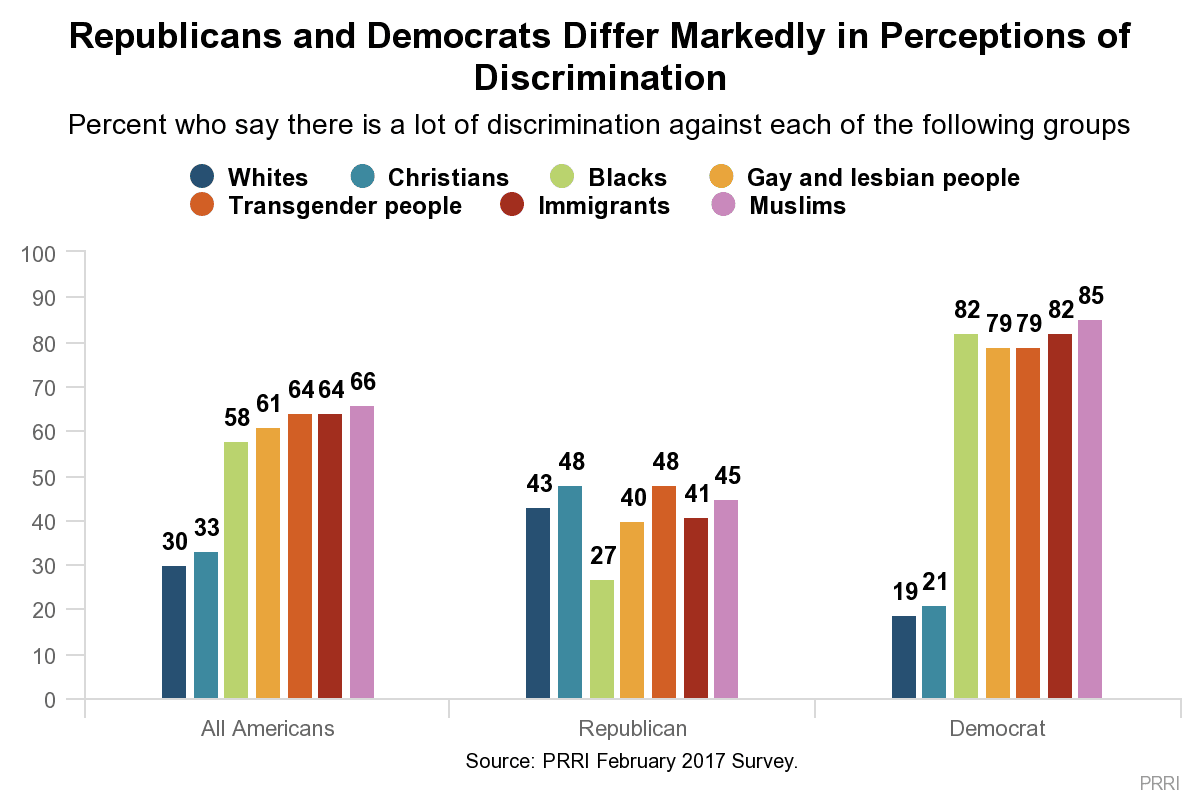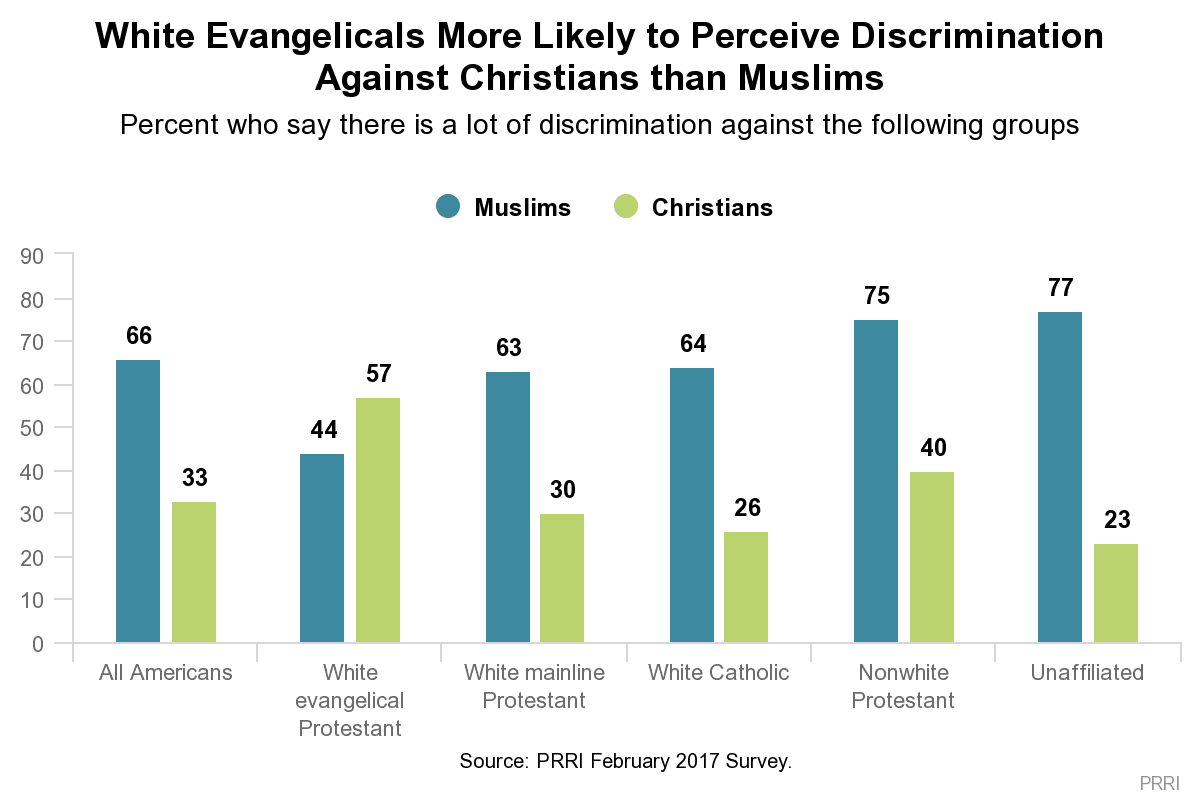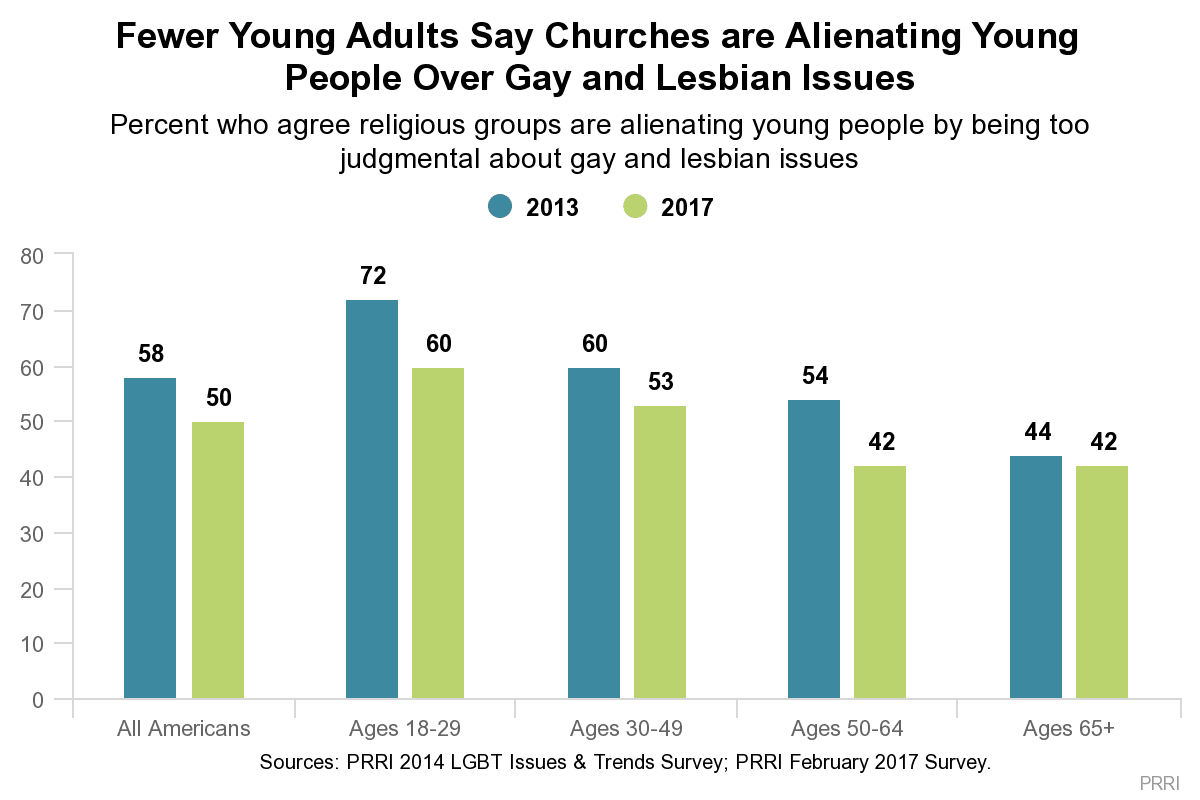If you feel like you’ve lost your passion for ministry and can’t seem to regain the excitement and motivation you felt in earlier years, that’s a very good thing.
Where in the Bible do we see any of the early church leaders praying to “get their passion back”?
The idea that “passion for the ministry” is an indispensable requirement for long-term effectiveness is a lie the enemy dangles in front of us to distract us from our real work. This is the passion myth.
How many of us have spent weeks, months, even years fretting over the fact that we don’t feel passionate about what we’re doing any longer? It’s a pastoral epidemic.
This vague “search to regain my passion” drives senior pastors like you and me to seek new ministries, new spouses, new job descriptions, new mission statements, new elder boards, new staffs and new careers. Most often it leads to depression, and in some cases, to want to end our lives altogether.
I know because I’ve experienced this first-hand.
Here’s what I’ve discovered: Whenever a senior pastor has “lost their motivation” it is because they were drawing their “motivation” in the first place from one of four unhealthy motivation sources. Not only do many of us start ministry using these motivators, we dip back into the same bags of tricks once we lose our way.
Four Unhealthy Senior Pastor Motivators
1. Extrinsic Manipulation
One false motivator is what I call “extrinsic manipulation.” This happens when senior pastors manipulate factors outside of themselves to make themselves do what they cannot do on their own. You know this is your most common motivation trick if you constantly find yourself launching new projects, setting goals or recruiting accountability partners.
When senior pastors feel unmotivated, you’ll see them set into motion grand projects, campaigns or efforts that collectively unite the congregation to force the senior pastor to produce results.
Congregations are so used to seeing this kind of self-motivational tactic (and the motivation is so often indistinguishable from authentically Spirit-led efforts) that they’re usually unable to see what is causing their senior pastor to set new BHAG’s (big hairy audacious goals), build a new wing, launch a new church or tackle a new mission.
This unhealthy motivator is similar to the way some people “announce” on Facebook that they’re going to lose weight, then snap a picture of their overweight selves for the world to see. Their motivation for doing this is to unite the “world” to hold them accountable for what they are unwilling, or unable, to do on their own.
Without the false motivator of constantly setting goals, getting the congregation to hold them accountable for attaining them, getting them to depend upon them to raise the money to fund them, or work themselves into the ground to achieve them, these senior pastors would be left to find their own intrinsic motivations for staying in ministry.
There is a very good reason why we NEVER see God’s leaders in scripture setting goals.
2. External Validation
A second unhealthy motivator is the quest for external validation. Christian leaders often quickly dismiss the desire to please someone as a primary driver for going into or staying in ministry, as fluffy irrelevant psychobabble. This is unwise.
As human beings, we senior pastors are born wanting to please, even for highly independent personalities like my own. Parents, mentors, those who led us to Christ, professors, the parents we never had or wished we had, ministry competitors, elder boards, spouses—all of these and more can be real or imaginary people to whom we look for personal validation.
How am I doing? Am I successful? What could I improve on? What did you think of that sermon? Oh, you liked it? Great! Oh, you didn’t like it? Crap. Should I take that job? Should I move there? Do you think I’m focused on what I should be focused on? How do you think I’m doing?
When senior pastors feel validated, they feel motivated. When the validation wanes, their motivation wanes.
Here’s a little secret: External validation always wanes.
3. Adrenal Energy
As senior pastors, our bodies produce the hormone adrenaline to prepare ourselves to immediately address fight or flight situations.
Ministry is rarely a fight or flight situation unless we have creatively turned it into one.
One of the common things I see in senior pastors I coach is an unhealthy reliance upon adrenaline to accomplish basic ministry tasks. Unable to find an intrinsic center from which to tackle their daily priorities, they’ve created an entire lifestyle dependent upon adrenal spikes to provide biochemical ministry motivation. When the adrenaline wears off, they drink coffee or energy drinks to take over.
You know you struggle with this when your sermons are perpetually finished on a Saturday because you need the adrenal spike to finish them. God forbid that spike doesn’t come.
When I work with senior pastors to reorganize their weeks to provide two full days off of rest and demand that they see a dietitian to rid their bodies of the empty carbohydrates and chemicals they’ve been using to fuel themselves for years, they often flounder for a season.
They ask, “How do I get motivated to accomplish my weekly tasks if I’m not using caffeine, stimulants or adrenaline to fuel myself?”
My response: “Now we’re getting somewhere, my friend.”
4. New Employment Opportunities
This last false motivator is the nuclear option: finding another job.
When all else has failed—when every goal that could be set has been set, every mission statement that could be reevaluated has been reevaluated, and you’ve tried every single trick in the book to find motivation to do what you need to do but can’t—the nuclear option is always to find a new job somewhere.
Because the solution is always outside of ourselves, isn’t it?
Why yes, Jonah, it is.
I tried to leave my first ministry out of seminary after 30 days. I tried to leave my second ministry after 365 days. If it weren’t for my gracious wife helping me to see that my problem was MY problem, and not the (fill in the blank): _________ (the people, the eldership, the building, the lack of a building, the location, the lackluster demographics, the giving, the population size, the density of churched people, etc.), I would have left each of those situations after 30 and 365 days on the nose.
We’ve all been on that boat in search of Tarshish.
How to Lead Without Unhealthy Motivation
So you’ve been at a church long enough now that the old bag of tricks no longer works.
What do you do?
Here are some suggestions that might help.
1. Go on a “Unhealthy Motivator” Cleanse
Stop setting goals. Throw away your cans of Red Bull in the fridge. Permanently delete that resume you’ve been sending out to anyone who would read it.
In fact, tell your team that for the next year you’re not going to start anything new. No new groups. No new ministries. No manufactured “emergencies” that demand new solutions of any kind.
Can you imagine what your church would do if you couldn’t start ANYTHING new for the next year? We’re so used to the idea of constantly changing things we don’t realize what often drives those changes in the first place, do we?
Let’s strip away, one by one, every possible unhealthy motivator in your life that you’ve been using to stay “passionate” to do the work you’ve been doing.
In fact, if I were to ask you to list the top three unhealthy motivators you keep going back to over and over again, what would they be? What keeps you going?
Pull them out of your well-crafted bag of tricks and crucify them one by one.
To be used by God in a powerful way, we need to stand before him as our naked, unaided selves.
2. Scrub Your Psyche With Scripture and the Christian Classics
Since it’s difficult to recognize unhealthy motivators in our own lives, I believe it’s necessary to fill our minds with the thoughts and ideas of people who can call them out, and have successfully overcome them themselves. These people are almost always those who lived in a time and place different than our own.
There was a two-year period (when I was at that church I wanted to quit after 365 days) that I spent two full years reading nothing but books written by dead people.
I read the letters of Paul over and over and over again. I read the Journal of John Wesley, Justin Martyr, Augustine and The Desert Fathers. I read Chesterton, Lewis, Woolman and DeSales. It was an explosive renewal of theological conviction for me.
If you’re struggling to find your ministry equilibrium, I would encourage you to read the classics, go on retreats to monasteries and let God’s presence wash over you afresh.
Some of the most powerful moments of ridding unhealthy motivators in my life came while laying face down on monastery floors with scripture opened on one side of me and John Chrysostom on the other.
3. Approach Your Ministry Like an Artisan
The Senior Pastors I coach who have learned to continually discharge the duties of their ministries without the need to draw upon false motivators all have one thing in common: They treat their ministry work like artisans.
They approach their tasks in service to God and the church the way a medieval candle-maker would.
In pre-industrial times, people “apprenticed” themselves to an artisan to learn their craft. After a prolonged period of practice under supervised eyes, they became a journeyman, one recognized to practice their trade and make a living from it on their own. Those who distinguished themselves and had the financial wherewithal necessary to employ others were then considered master craftsmen.
At no point in this entire process was the focus on either the person learning their craft, or on the exponential super-incredible worldwide crazy-to-think-about-can-you-believe-it vision of what could happen in the future because of that bar of soap they were making.
It was about the product—the cloth, bread, beer, cheese, tables and knives.
Artisans got up and did their work with great pride. Day after boring day. Week after boring week. Month after boring month.
This past week I had a conversation with someone that helped them make a tough decision. I take pride and satisfaction in that conversation, and that is all. I have taught myself that I don’t need anything more than that. That talk in my mind wasn’t tied to something more. It didn’t validate my call to ministry. It didn’t confirm my gifts and abilities. It simply helped that person the way a saddle sold by an artisan would help someone ride a horse.
Three weeks ago, I wrote a sermon that I felt was really good. I was proud of the content. The exegesis was excellent. I lined up the introduction about as well as I could have. The application was both insightful and encouraging. Once written I didn’t need anyone else’s validation to know that it was a good sermon. Did I care whether people “liked” it? Not one bit. I liked it. I felt that God was pleased with my work. That was enough.
Working humbly and taking pride and satisfaction in our work is something that is insulated from critics. It is insulated from external validation. I don’t need to jack myself up with adrenaline to do my work.
Like a master craftsman, I practice my trade, then I go home and sleep well at night.
I don’t concern myself with great matters (Psalm 131:1).
I believe there is a reason the Apostle Paul was the greatest evangelist in the history of the world. There is a reason he started more churches and influenced more people than anyone among God’s people, before or since.
Besides the obvious calling and miraculous power of God on his life, Paul didn’t dwindle his time away in self-doubt trying to “regain his passion” after he lost it.
Paul simply did the work and allowed passion to unexpectedly show up, then quietly leave again with little fanfare.
One of the reasons I think Paul was able to do that was because he spent his ministry years bent over six days a week, from sun up until sun down, weaving animal skins into shoes, awnings and tents people could use.
“For you yourselves know how you ought to follow our example. We were not idle when we were with you, nor did we eat anyone’s food without paying for it. On the contrary, we worked night and day, laboring and toiling so that we would not be a burden to any of you” (2 Thessalonians 3:7-8).
And it was that advantage—those values—that unique insight he gained from the daily grind—that gave him something we 21st-century knowledge workers lack: pride and satisfaction in something we produce with our hands.
That lack of a substantive, physical corollary in our lives—the absence of some actual physical task with which senior pastors can look to in their lives and say “I made that”—puts us at a disadvantage.
Martin Luther brewed beer.
The Apostle Paul made tents.
Without any such corollary, it skews our understanding of work, satisfaction and motivation.
Four hundred years ago, people didn’t write books about “motivation” and “personal satisfaction” because people weren’t asking those questions. They simply took pride in what they did, humbly accepted their lot in life and got on with the real reason they worked in the first place: to live.
Listen, feelings of excitement about ministry come and go. Feelings of excitement are great when they come, but excitement in ministry is to be enjoyed like a sunny day.
A beautiful day is great when it comes, but like a master craftsman, the work goes on when it doesn’t.
This article originally appeared here.

















